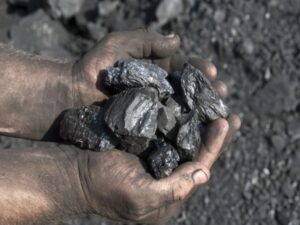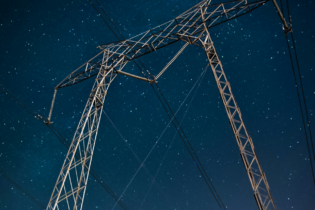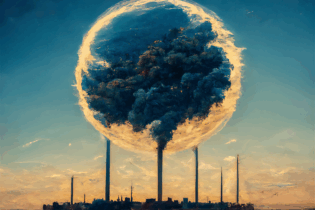As a third-world country, South Africa still heavily relies on coal and other fossil fuels to assist with economic development which highlights the need to invest in these fuels to assist with the energy crisis in the country.
Energy economist and German commodity trading company HMS Bergbau shareholder Dr Lars Schernikau stated at the Fossil Fuel Foundation’s Carbon’ Coal Conference 2022 which took place in Middelburg, Mpumalanga, on April 1. Approximately 80% of primary energy is generated through fossil fuels with coal making up 26% of it. Schernikau acknowledged that renewable energy plays a significant role in energy production, however, with global demand – primary energy is expected to grow by 50% by 2050.“The world will continue to get richer and populations will continue to increase, so we will have continued energy demand, Only 3% of the global primary energy was generated from renewable power such as wind and solar,” Schernikau said.
“To avoid an energy crisis – both globally and in South Africa – greater investment in coal-based energy generation technologies was required rather than divestment so that cleaner and more efficient solutions could be researched and developed,” Schernikau said. According to Schernikau, the complete value chain and life-cycle across emissions and non-emission environmental of the energy system. “investment in wind and solar plus batteries at large-scale grid levels would ultimately be more detrimental to the environment than investment in clean coal technologies,” Schenikau said. “The negative environmental impact of variable renewable energy, such as wind and solar, was driven by their low energy efficiency in terms of their energy return on investment, as well as intermittency, high material input, low energy density, short life-time, and recycling challenges,” Schernikau concluded.







